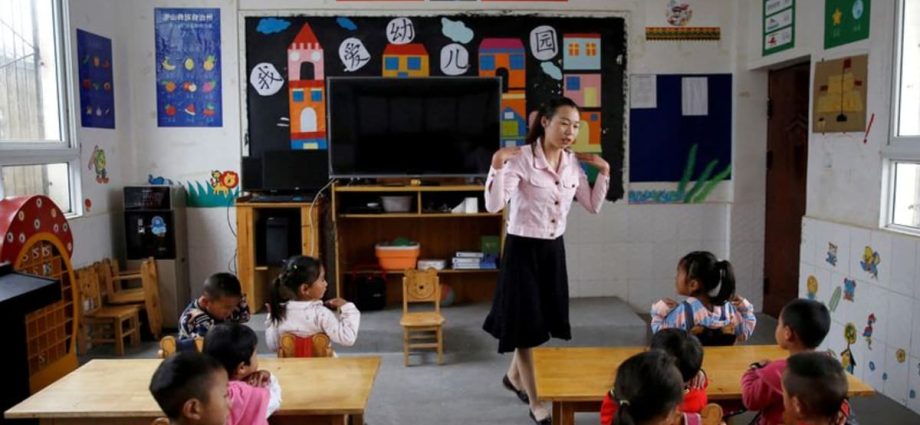
HONG KONG: Chongqing, a sprawling municipality in southwest China, announced this week that insured residents no longer need to provide marriage certificates to get maternity benefits, the most recent move to encourage women to have children.
The city’s medical security authority announced on its official WeChat social media account that the changes take effect on Friday (Sep 1).
The measure comes as authorities across the country grapple with how to boost China’s flagging birth rate after the country’s first population drop in six decades.
China’s southwest Guizhou province, northwest Shaanxi province, southern Hunan province and Jiangsu province in the east of the country have also removed restrictions for women to be married to obtain childbirth subsidies.
Marriage rates, which hit a record low in 2022 at 6.8 million, the lowest since 1986, are closely twinned with the number of newborns – due to official policies that have made it hard for single women to have children.
China’s fertility rate is estimated to have dropped to a record low of 1.09 in 2022, state media reported. China’s fertility rate is already one of the world’s lowest alongside South Korea, Taiwan, Hong Kong and Singapore.
Young Chinese women cite factors including high childcare costs, career hindrance, gender discrimination and not wanting to get married as key reasons for not having children.
Traditional stereotypes of women being the main caregivers of children are still widespread throughout the country.
Low consumer confidence and growing concerns over the health of China’s economy are also key factors cited by young Chinese for not wanting to get married and have children.
A county in eastern China announced in August that young couples would be offered a “reward” of 1,000 yuan (US$137) if the bride is aged 25 or younger, as it seeks to promote “age-appropriate marriage and childbearing”.

